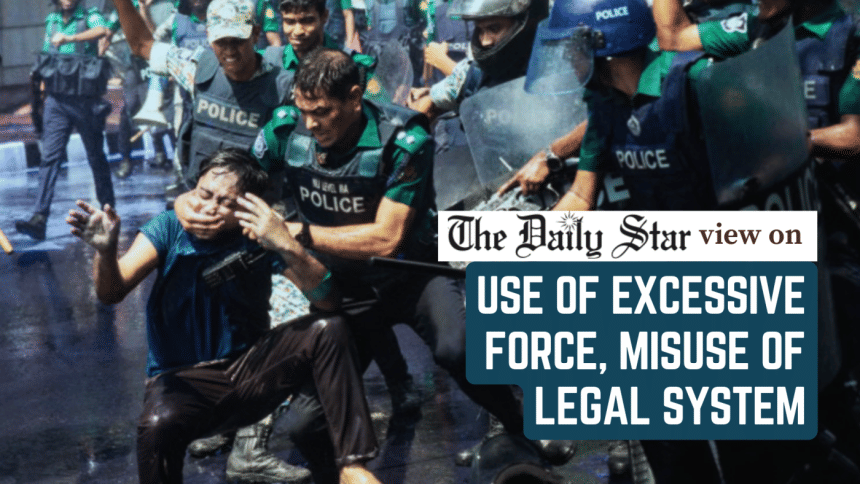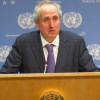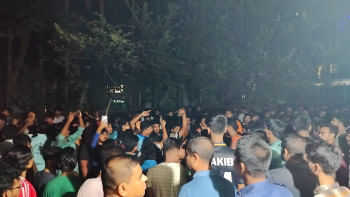Who stands to gain from arbitrary policing and legal abuse?

Three recent incidents have raised serious questions about the role of law enforcement in maintaining order. The first involved a protest by BUET students, during which police used tear gas, sound grenades, and truncheons, leaving many injured. The second occurred when former MP Latif Siddiqui and Dhaka University professor Hafizur Rahman were detained by police after being harassed during a discussion, and later accused of inciting terrorism. The third was when leaders and activists of the Jatiya Party and Gono Odhikar Parishad clashed in Kakrail, leaving Gono Odhikar President Nurul Haque Nur severely injured.
Each of these situations ostensibly required police intervention—students marching towards the chief adviser's residence, a group verbally and physically attacking participants in a discussion, and rival political leaders and activists clashing. However, in all cases, law enforcement responded with excessive force. Images of a police officer restraining a student's mouth and a bloodied Nurul Haque Nur have gone viral, highlighting this brutality. At one point, police even attempted to pass off the photograph of the officer accosting a student as AI-generated—a claim that was later proven false. In the case of Latif Siddiqui, no action was taken against the harassers, yet those peacefully attending the event were detained and charged with terrorism. The question is, who stands to gain from this arbitrary policing or legal abuse?
It bears repeating that the primary duty of law enforcers is to protect citizens' rights, but in these incidents, they failed to do so. The use of brute force and arbitrary legal action were recurring features of the rule of the ousted Awami League regime. It is unfortunate that such practices continue despite promises of police and legal reforms. While it must be acknowledged that security forces are often having to manage volatile situations, they must not revert to outdated tactics of excessive force or misuse of the law to suppress civilians. They must act with restraint and effectiveness, ensuring that force is applied only when absolutely necessary. One may reasonably ask: why was Nurul Haque Nur not detained if he was indeed causing unrest, as claimed? The government's inertia in taking proactive measures before situations escalated was evident during the BUET protests as well.
In the coming days, protests, clashes, or attempts at mob justice are likely to continue. The government, therefore, must prioritise the protection of citizens' rights by focusing on preventive measures, rather than reactive ones that often violate basic freedoms. This requires meaningful dialogue with protesting groups. Many of their demands may be unreasonable, but the government must demonstrate sincerity in listening to them and reaching a fair resolution. People must believe that they do not need to block intersections or highways to make the government pay attention. Law enforcement, too, must evolve from using brute force to adopting a more balanced approach that respects fundamental rights. The government must also prevent the exploitation of the legal system through the filing of dubious cases.


 For all latest news, follow The Daily Star's Google News channel.
For all latest news, follow The Daily Star's Google News channel. 










Comments